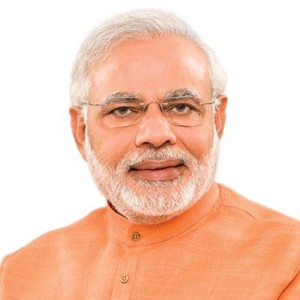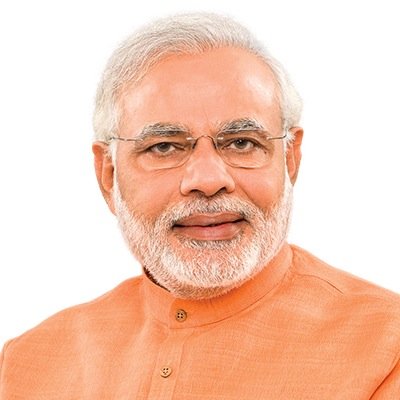Washington, D.C.– The National Association of Manufacturers (NAM), the largest manufacturing association in the United States that represents small and large manufacturers in every industrial sector and in all 50 states, has given a poor rating to Indian Prime Minister Narendra Modi’s efforts in enhancing India-US commercial ties and has urged the US government to press India for concrete action.
The Scorecard on India’s business environment shows insufficient progress on many of the same trade and market access barriers that have long troubled manufacturers trying to invest and trade in India. US manufacturers want President Trump and Prime Minister Modi to work together on policies to level the playing field and strengthen the U.S.-India commercial relationship.
The NAM Scorecard report was released ahead of Modi’s visit to the United States this month. Modi is scheduled to meet President Donald Trump on June 26 in Washington, DC.
“In 2014, Indian Prime Minister Narendra Modi pledged a pro-business agenda as he came into office. Since then, Prime Minister Modi has publicly committed to improve the ease of doing business and promote manufacturing in speeches, campaigns, and business engagement. Have these efforts created real progress for manufacturers?” the Scorecard asked. “Resume and expand dialogue with the United States on key commercial issues that are holding back a stronger bilateral commercial relationship,” the NAM Scorecard said.

In order to promote a robust U.S.–India commercial relationship, the United States must press India for concrete action, NAM said. Here is the NAM Scorecard and recommendations:
In Progress
- Streamline onerous licensing and government approval processes that make it more difficult for foreign and domestic companies to do business in India.
- Quickly and robustly implement critical components of India’s National IPR Policy, including revising and streamlining IP laws and administrative processes.
- Fully implement India’s immediate commitments under the World Trade Organization’s (WTO) Trade Facilitation Agreement to eliminate non-transparent customs and border practices and set short timelines to implement the remainder of the agreement.
- Finalize details of India’s nuclear liability pool to provide a clear, predictable environment for foreign nuclear operators to evaluate their ability to invest and operate in the market.
Mixed
Fully open India’s investment environment for manufacturers in the United States, allowing 100 percent foreign ownership across manufacturing industries and eliminating bureaucratic hurdles.
Here are the issues with “X” mark in the NAM Scorecard:
- Establish and implement a clear process requiring all agencies to institute a mandatory 30-day “notice and comment” period for proposed rules.
- Reduce current high tariffs—including those that do not align with India’s commitments under the Information Technology Agreement—and avoid imposing burdensome new tariffs on manufactured products.
- Fully eliminate forced localization rules impacting key manufacturing sectors, such as solar energy, information technology and medical equipment.
- Fully comply with WTO decisions that ruled against Indian industrial policies, including those in solar energy and poultry.
- Demonstrate a clear commitment to innovation through policies and practices that allow inventors of all nationalities to register, protect and use their IP in India.
- Improve trade secret protection in India, making specific, concrete changes to law and practice that build on constructive bilateral dialogue.
- Address structural barriers that prevent effective IP enforcement in India, including both policy barriers and limited enforcement capacity and political will.
- Eliminate unwarranted restrictions on cross-border data flows that harm manufacturers and their ability to operate in both the United States and India.
- Halt recent moves to impose price controls on medical device and pharmaceutical products that have raised major red flags about India’s business environment.
NAM is the largest manufacturing association in the United States, representing small and large manufacturers in every industrial sector and in all 50 states. Manufacturing employs more than 12 million men and women, contributes $2.17 trillion to the U.S. economy annually, has the largest economic impact of any major sector and accounts for more than three-quarters of private-sector research and development. The NAM is the voice of the manufacturing community and the leading advocate for a policy agenda that helps manufacturers compete in the global economy and create jobs across the United States.















